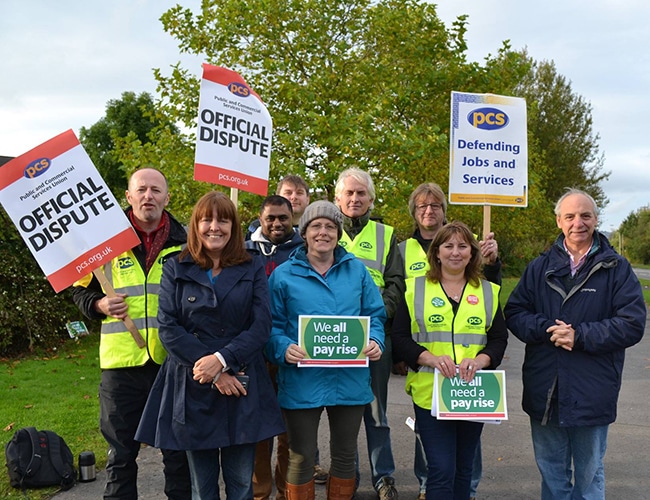- 20/02/2019
- Posted by: Mike Hedges MS
- Category: Press Releases

New fixed penalties to help prevent household waste being illegally dumped have passed in the Assembly and come into force tomorrow.
Mike Hedges, AM for Swansea East said… ‘this is good news as fly tipping is one of the blights of modern life. My office deals with a lot of complaints about Fly Tipping and anything that adds a local authority’s range of powers to deal with it has my backing. People are often tempted to take a cheaper option and get a man with a van to deal with some items they wish to dispose of.
People must ensure that the people they employ to carry out this sort of work do so responsibly; if they make the wrong choice they have to remember that they are still responsible for the material and what happens to it….. and ad on Facebook offering a cheap service may lead to fines if the material is subsequently fly tipped.’
Under the waste duty of care, householders are required to ensure that waste produced on their property is transferred to an authorised person for disposal and can be prosecuted if they do not. However, taking someone to court is not always the most appropriate response for this type of offence and can take a great deal of time and effort.
Deputy Minister for Housing and Local Government Hannah Blythyn said:
“We know that over 60% of fly-tipped waste comes from households. However, often people in these households haven’t fly-tipped the waste themselves, but they have failed to carefully check who they passed their waste to for disposal.
“We all have a responsibility to prevent our waste from getting into the wrong hands, and these regulations will provide councils and Natural Resources Wales with alternative way of tackling the issue.
“We consulted widely on these proposals and received widespread support. Local authorities who responded asked for a consistent, national approach to setting penalties and for the level of the penalty to be proportionate to the offence.
“However, we recognise that not all householders will be aware of their duty of care responsibilities and so we are developing a campaign to help people to understand their obligations.’’
By using fixed penalties this will allow local authorities to have a more efficient enforcement system and this not only frees up much needed resources but it can also help act as an effective deterrent.
The regulations have set the fixed penalty at £300 and enforcing authorities have the discretion to offer the option of an early payment of £150. Councils can retain the receipts to help contribute towards the costs of dealing with waste crime. They will still have the option to exercise their existing criminal prosecution powers for offences they believe require a fixed penalty.

